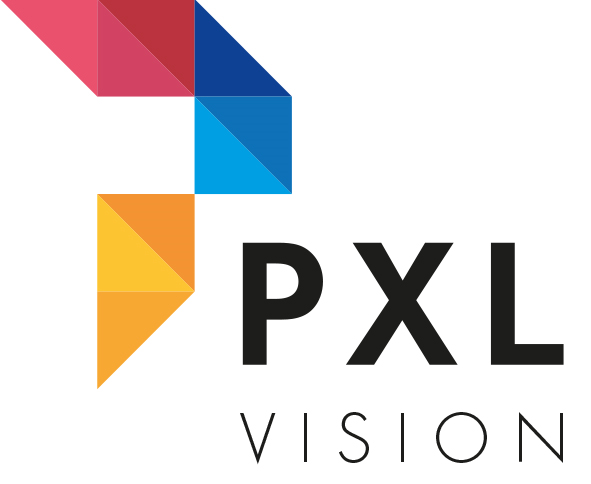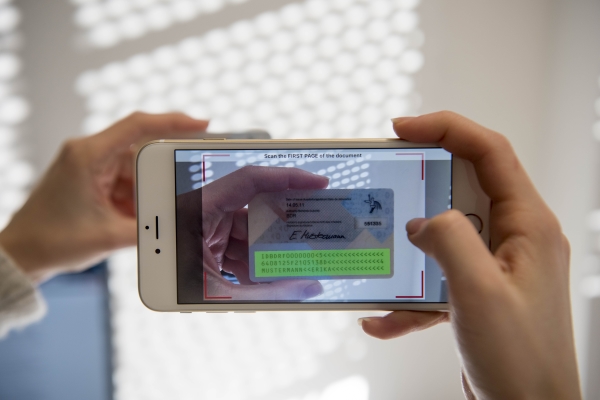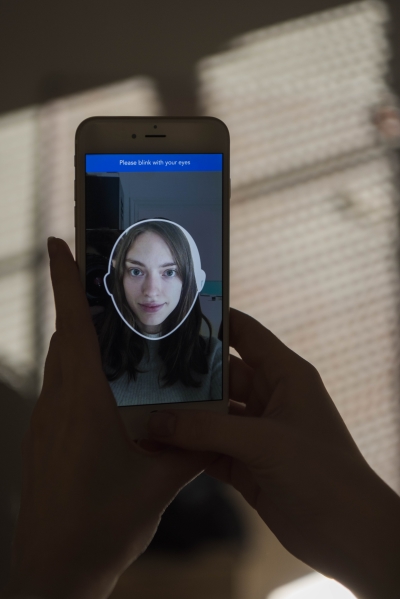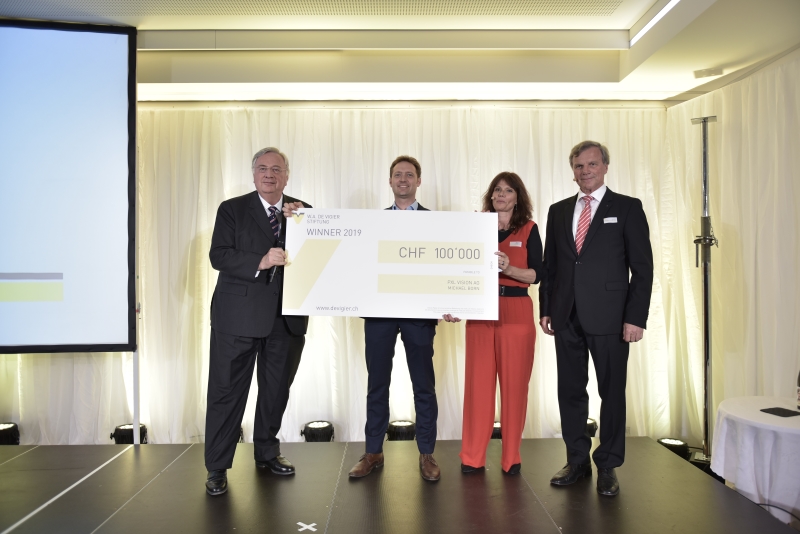Innovative Digital Identity Verification
Identity fraud and the protection of personal data are huge challenges. Billions of personal data records are stolen every year. A lot of business transactions never happen because people don’t trust each other. Companies have started to verify their customers, which is expensive and can be time consuming for both the businesses and the clients. The identity verification market is estimated at 20 billion dollars.
„I carry the entrepreneurial virus inside of me.“ – Michael Born
PXL Vision developed state-of-the-art computer vision and machine learning technologies for fully automated customer onboarding and identity verification. All one needs to create a trusted digital identity is an ID document such as a passport and the camera of a smartphone. The user takes a picture of their passport or ID and a live picture of themselves. PXL’s technology verifies the authenticity of the document and checks if the person in the picture is real and present and matches the person on the passport.
In order to create digital identities from visual information, the PXL technology is based on three elements:
- Data extraction from ID documents
- ID document authentication
- Face verification and liveness detection
PXL’s technology is already established in the market as a SaaS product. One big client, Sunrise, uses PXL technology to check the identities of their customers as part of their client-onboarding for cell phone subscriptions. Thanks to this ID-Checker, people don’t have to physically show up at the store anymore to become Sunrise clients. Winning the tender for SwissID was another great success for the young company.
In only two years, PXL Vision set a standard in digital identity in Switzerland and the next step is internationalisation. The overarching goal of PXL Vision is to create a trustworthy digital self. This digital self reduces risks in the shared economy such as for example with Airbnb or Uber and could become relevant for any company that deals with its users in the digital space.
As a matter of fact, PXL’s CEO and some members of his team have already successfully scaled a business internationally. They are former key employees of Dacuda AG, an award-winning computer vision company that sold its 3D division to the US mixed reality company Magic Leap in the beginning of 2017.





